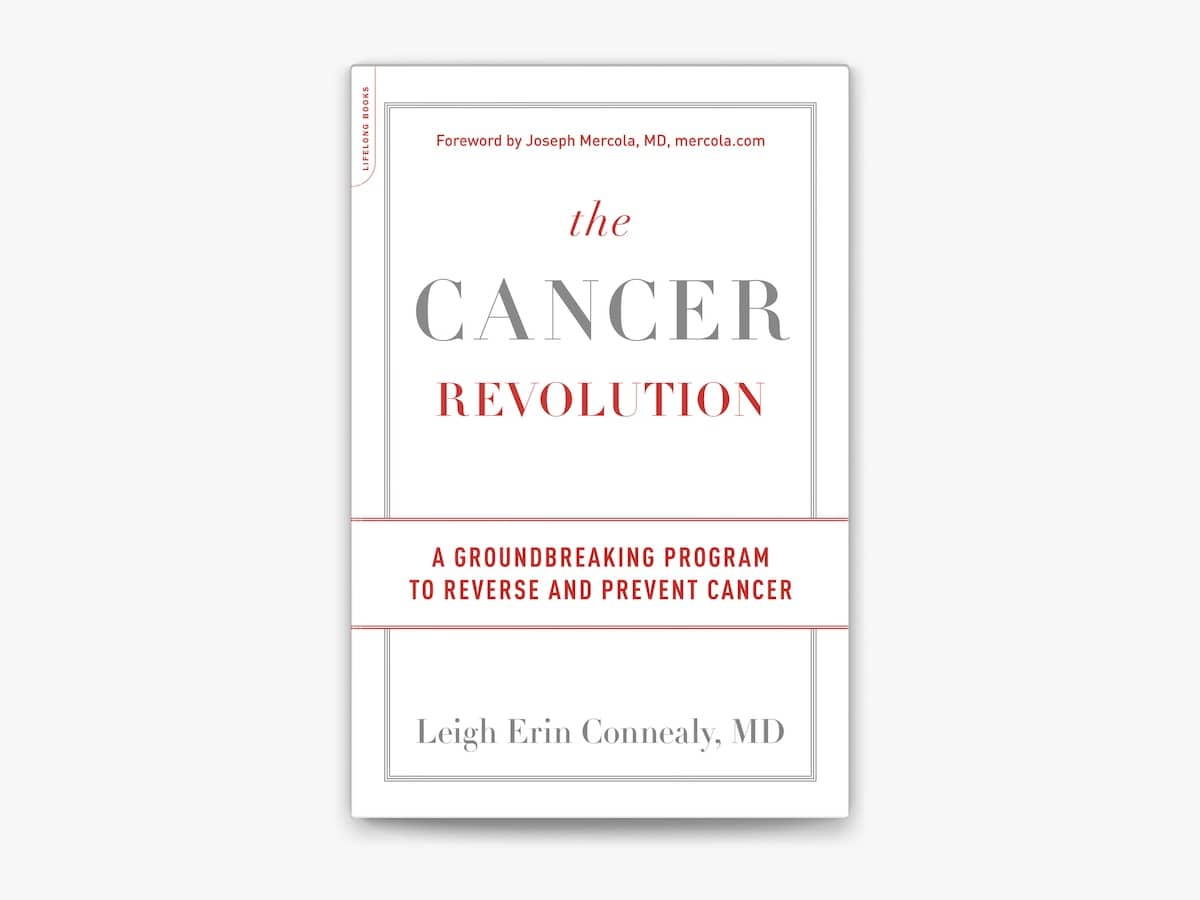Colon cancer is not only a serious health challenge but also a significant financial burden for many patients. The cost of treatment—ranging from surgeries and medications to chemotherapy and radiation—can quickly escalate, especially in cases of metastatic colon cancer, where treatments often extend over longer periods. Navigating these expenses is critical, and fortunately, there are financial assistance programs that can help ease the burden.
From nonprofit organizations to government programs and alternative funding methods, there are several ways patients can manage the costs of colon cancer care. This guide outlines key options for finding financial help for colon cancer and provides links to resources for further exploration.
Nonprofit Organizations
Several nonprofit organizations offer support to colon cancer patients, providing assistance with various aspects of treatment costs, including transportation, medication, and daily living expenses.
- Colon Cancer Coalition: Offers grants to colon cancer patients, with a focus on early diagnosis and preventive care.
- CancerCare: Provides limited financial aid to cover transportation, home care, and other costs related to cancer treatment.
- The HealthWell Foundation: Assists with insurance copays, premiums, and other out-of-pocket costs for colon cancer patients.
These organizations serve as a vital resource for patients facing the financial strain of cancer treatment.
Government Programs
Government assistance programs can be a lifeline for cancer patients who meet specific eligibility criteria. These programs help reduce the cost of treatment and can cover a wide range of medical expenses.
- Medicaid: Available to individuals with limited income, Medicaid can provide comprehensive coverage for colon cancer treatment.
- Medicare: For those over 65, Medicare offers robust coverage for cancer treatments, including surgeries, chemotherapy, and ongoing care.
- Social Security Disability Benefits: Patients with metastatic colon cancer may qualify for disability benefits, which can help offset the loss of income during extended treatment.
These programs are especially valuable for those struggling to pay for the high costs associated with long-term cancer care.
Pharmaceutical Assistance Programs
Some pharmaceutical companies offer patient assistance programs (PAPs) that provide free or discounted medications to cancer patients who qualify. These programs help reduce the financial burden of purchasing expensive cancer drugs.
- Lilly Cares: Offers access to certain cancer medications at reduced costs for eligible patients.
- Patient Advocate Foundation Copay Relief: Provides financial assistance for copays and other out-of-pocket expenses related to cancer medications.
These programs offer a critical source of support, particularly for patients undergoing aggressive treatment regimens that require ongoing medication.
Viatical Settlements
For patients with life insurance policies, a viatical settlement can be an effective way to access funds for cancer care. A viatical settlement allows the policyholder to sell their life insurance policy in exchange for a lump sum, which can then be used to cover colon cancer care expenses.
Cancer Care Financial specializes in facilitating viatical settlements, offering an alternative for cancer patients seeking to alleviate the financial strain of treatment. This option is particularly beneficial for those managing metastatic colon cancer, where the need for ongoing, costly treatments is more likely.
Crowdfunding Platforms
In addition to formal assistance programs, patients may turn to crowdfunding platforms to raise money for cancer treatment. Platforms such as GoFundMe allow patients and their families to share their stories and seek financial support from their personal networks.
Key strategies for successful crowdfunding campaigns include:
- Being transparent about medical needs and expenses.
- Providing regular updates to donors.
- Sharing the campaign widely through social media and community outreach.
Crowdfunding can offer a meaningful supplement to more formalized financial assistance programs.
Hospital Financial Assistance Programs
Many hospitals offer charity care programs or financial aid for patients who cannot afford their medical bills. These programs vary by institution but can include discounts, payment plans, or even forgiveness of medical debt. Patients should inquire directly with their hospital’s billing department to understand what assistance may be available.
Some notable programs include:
- American Cancer Society’s Patient Programs: Offers guidance on navigating hospital financial assistance options.
- [Your local hospital’s financial assistance program]: Contact your hospital’s billing department directly for information on charity care options.
Supplemental Insurance Plans
Health insurance may not cover all aspects of cancer treatment, and the out-of-pocket costs for procedures, medications, and hospital stays can still be overwhelming. Supplemental insurance plans, such as those offered by Aflac, can help cover gaps in coverage. These plans can assist with lost income, travel costs, and non-medical expenses related to treatment.
Understanding your health insurance plan is crucial. Be sure to check your policy for coverage details, including:
- Chemotherapy and specialty drug coverage.
- Out-of-pocket maximums.
- Access to financial counselors for assistance with claims.
Reducing the Cost of Treatment
While financial assistance programs can significantly reduce the cost of treatment, there are additional steps you can take to minimize expenses.
- Request Itemized Bills: Hospitals often bundle charges, making it difficult to identify unnecessary or duplicate costs. Asking for an itemized bill allows you to review each charge and dispute any errors.
- Negotiate Medical Bills: Many hospitals and doctors are willing to negotiate the cost of services, especially if you are paying out-of-pocket. It’s worth discussing payment options or asking for a discount.
- Explore Clinical Trials: Participating in clinical trials can provide access to cutting-edge treatments, often at no cost. Search for clinical trials related to colon cancer at ClinicalTrials.gov.
Closing Thoughts
Facing the financial realities of colon cancer can be daunting, but there are numerous resources and programs available to help ease the burden. By exploring nonprofit organizations, government aid, viatical settlements, and hospital financial assistance programs, patients can find ways to manage colon cancer care expenses effectively. Taking the time to understand these options—and being proactive in seeking help—can make a significant difference in ensuring that financial concerns do not stand in the way of accessing life-saving treatment.
For more information on financial solutions like viatical settlements, visit Cancer Care Financial, and remember that you don’t have to navigate the costs of cancer treatment alone. Support is available to help you focus on what matters most—your health and recovery.
Disclaimer
This article is intended for informational purposes only and should not be considered financial or medical advice. Always consult a healthcare professional or financial advisor when making decisions about your cancer treatment and associated costs.







